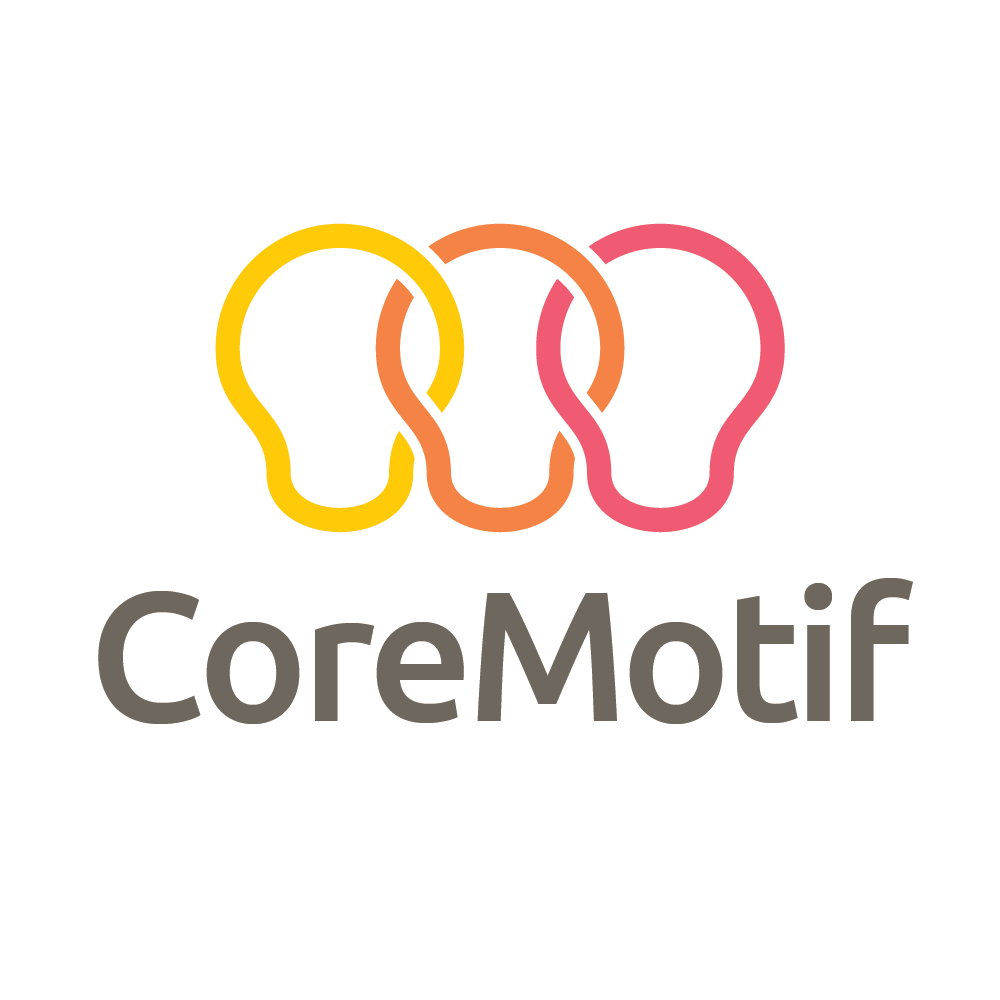Five advice for more productive workshops
We all agree that aligning the team, building common understanding and solving problems together is worth the time spent on it. However, the whole or half days spent on the actual workshop is just a fraction of the days it takes to design, plan, facilitate, collect, process and present the data from the workshop. Not to mention the effort it takes to get those deliverables implemented through the right project pipelines, political hurdles and good old change management. All that “behind the curtains” work, is the responsibility of the one in charge.
Preparing and facilitating a workshop to do so can be extremely time-consuming, and hard to do on top of your day job. That’s why we’ve compiled a list of advices to help you plan, facilitate and process the results faster and better. After all, we also have our day jobs to do.
Start preparing early
Let’s say that you have a deadline for a budget and you need to get your employees to produce a list of maintenance projects that need to be done next winter, we recommend you start preparing a few weeks before the workshop. You need to secure the facilities, plan the coffee breaks, make the power points and attend to all the details. That’s a lot of manual labor that takes time. So, make sure you have enough time before the workshop to prepare.
Have a clear objective
Don’t try to do all the things at once. A workshop should have a clear objective, such as solving a specific problem, producing a specific deliverable or focusing on one subject area for a deep dive. Examples of workshops our consultants at CoreMotif have helped with are compiling a list of projects, exploring rapid prototyping techniques and aligning employees around your IT strategy to name a few.
Shake it up a bit
Sitting for long periods, staring at a PowerPoint is powerful enough to put any person to sleep, despite any insomnia or sleep disorders. We recommend you mix it up, include different types of assignments and engagements, helpful advice, and even games. Make sure your participants get up every hour or so to refill on coffee, bio breaks and some small talk.
Have some closure
Once you and the team have concluded the workshop make sure to summarize what you have talked about and explain the next steps to the participants. Nobody wants to spend days doing something without seeing it progress, and even worse, disappear into a filing cabinet somewhere producing no actual value for anyone. Explain what will happen, who will do it and what timeframes are to be expected. It’s also helpful to explain that all the great ideas will be considered and prioritized against other great ideas so that there might not be any guarantee that they are implemented.
Make sure to follow up
If the workshop produced a list of projects, make sure to follow up on them every now and then during meetings with the participants so that they see that something is really happening. Also make sure to let them know what happened to the deliverables that were downgraded in priority, rejected or needed revision and why.
And finally, if it takes too much time and you are too busy, consider finding a facilitator to help you plan and prepare. He or she might also offload most of the work during preparation so that you can also focus on your day job, doing the awesome work you were hired to do.
Planning your own workshop? Get the checklist!
To help prepare a productive workshop, we've compiled an easy to use checklist. You can download it by filling out the form below. Have an awesome workshop!
